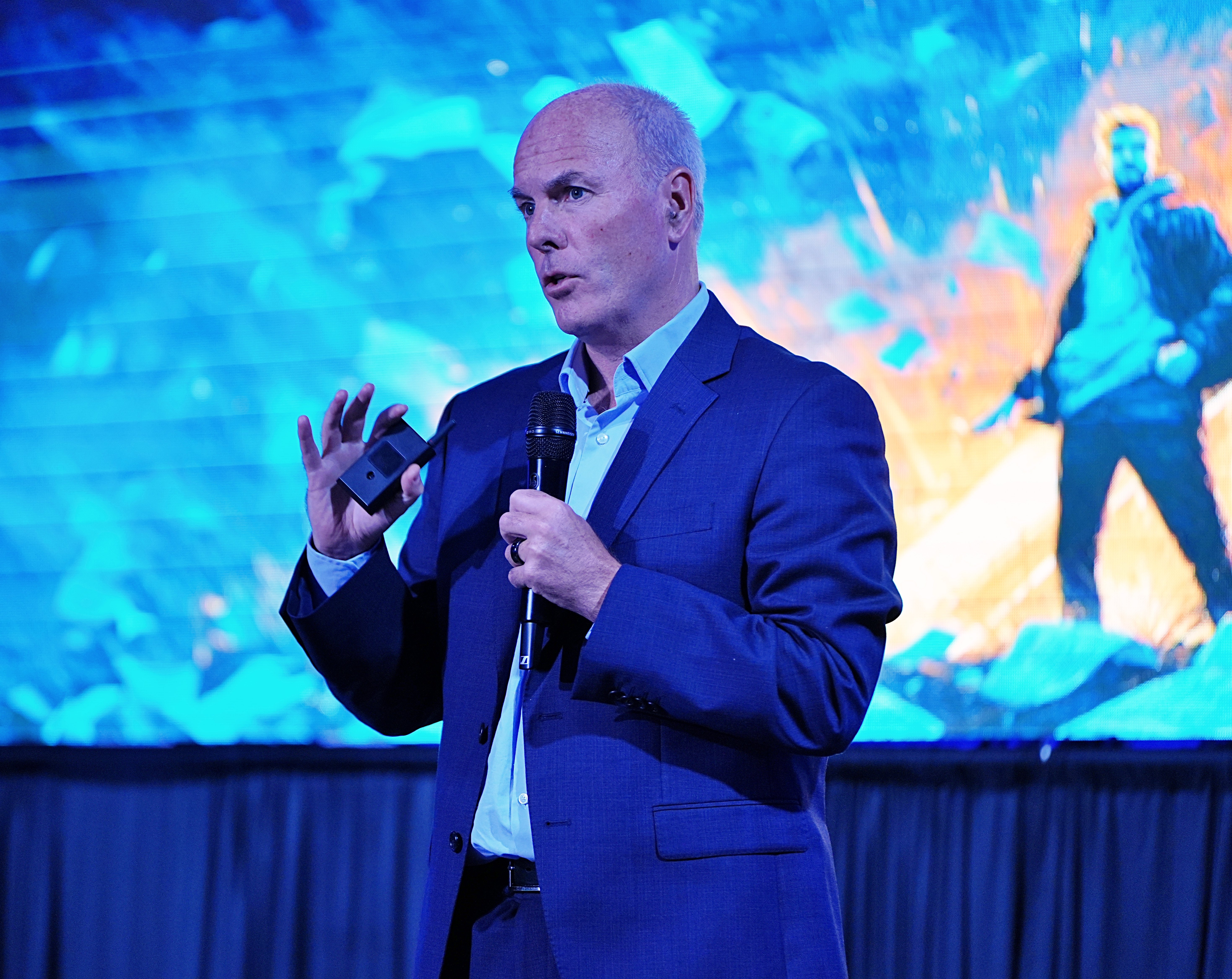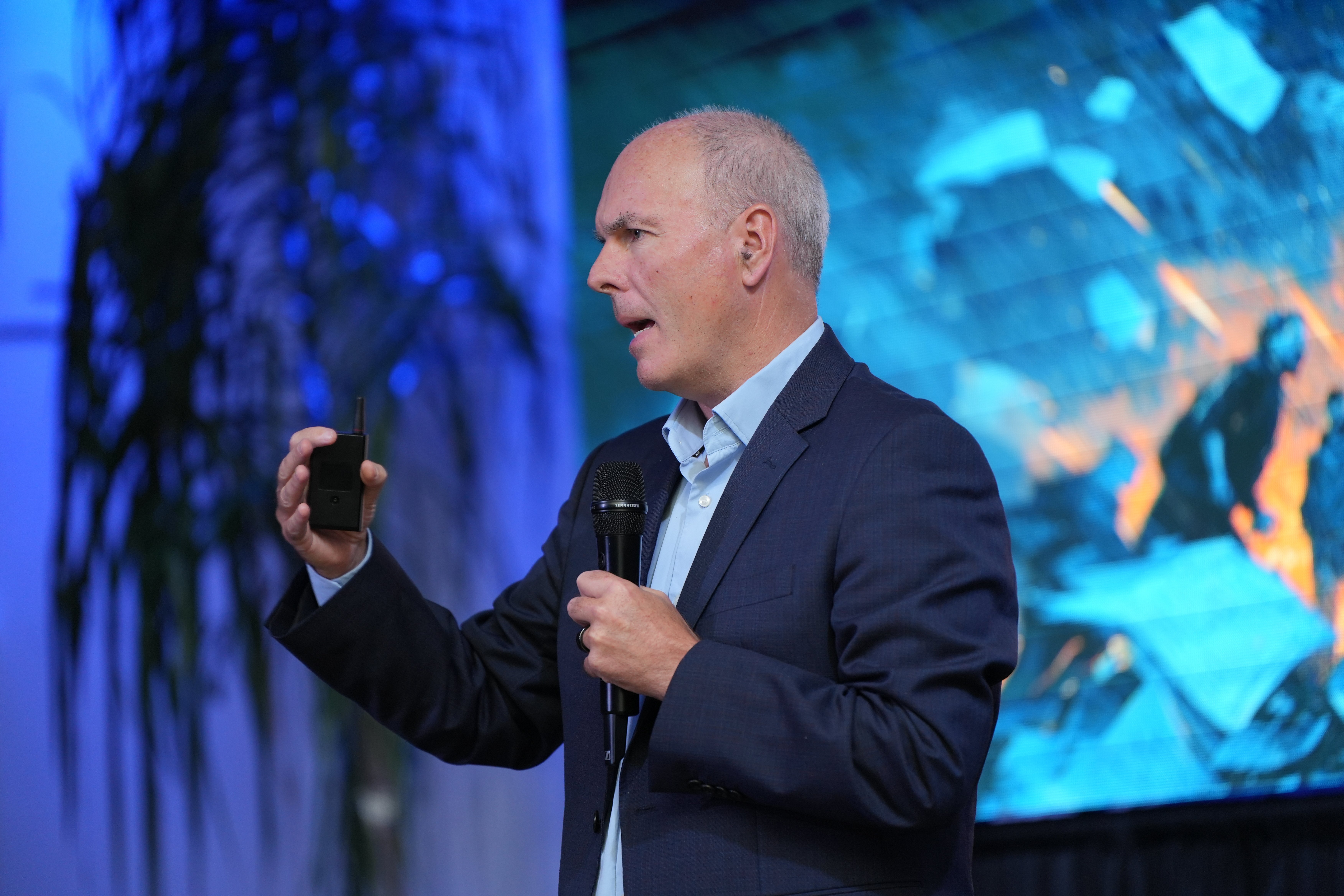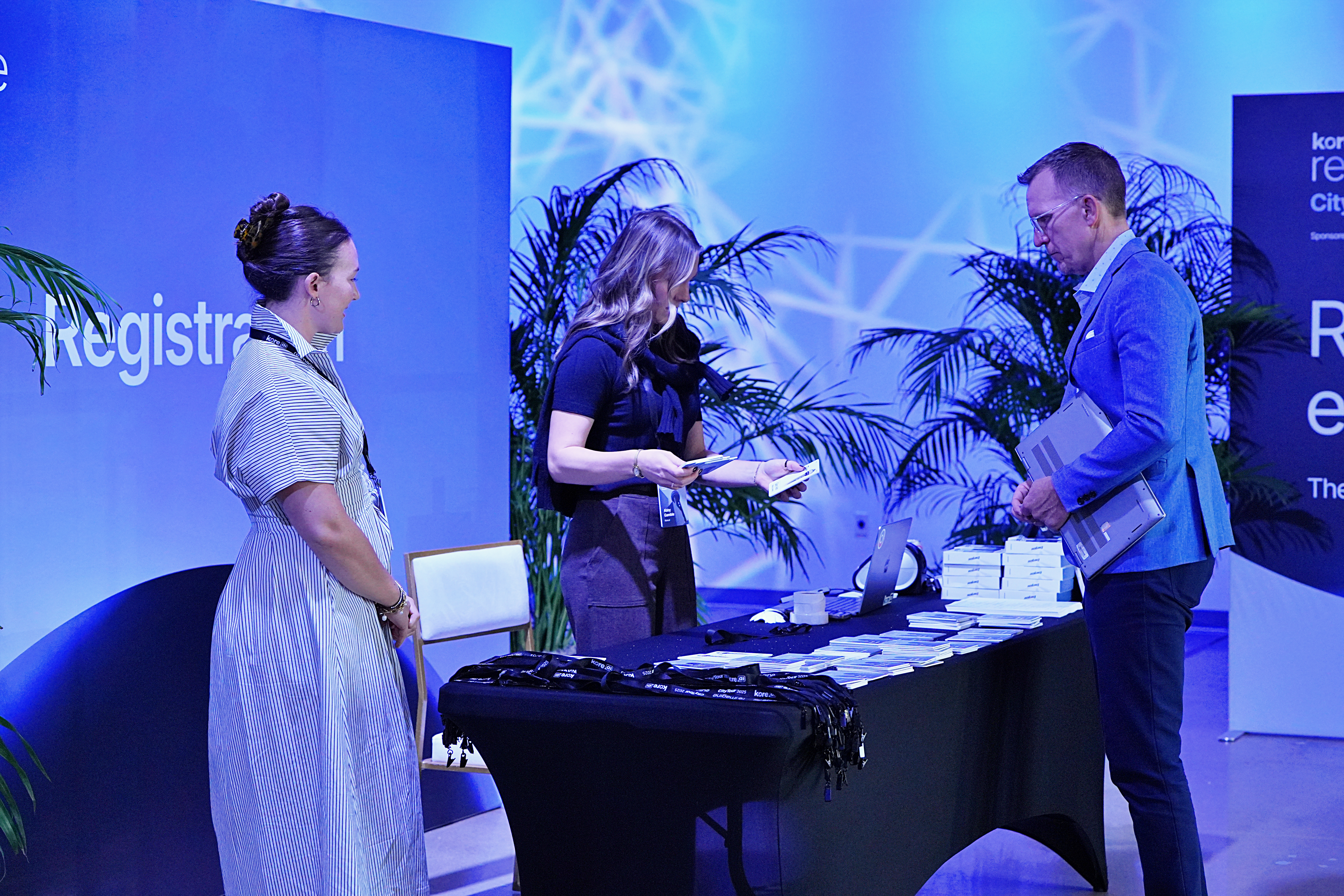Artificial Intelligence (AI) is changing the world and how we live. This includes a crucial aspect of the majority of our lives - travel and tourism.
Now, websites, chatbots, and personalized searching platforms have completely revolutionized how we research, book, and voyage. Thanks to AI, everything seems to run more smoothly, and traveling is no longer a daunting task.
It isn't stopping at that though; conversational AI continues to shape the tourism industry in new ways, every single day. Here’re some examples of how companies in the tourism industry are using AI to drive more bookings, and ensure they're offering the best customer service.
Also Read: How Chatbots are all set to Transform the Travel Industry |
What AI can do for tourism industry
Conversational AI is a much talked about in corporate circles, though it’s loosely defined, and variously described.
In a nutshell, it’s essentially about tasks that computers or machines can carry out, which were predominately performed by humans earlier. These could include, but not limited to, interpreting speech, remembering information, and sometimes making rational decisions. Application of conversational Artificial Intelligence is helping companies save money and time, eliminate human errors, and provide a whole host of benefits.
There’re tons of data that tourism industry generates. AI enables companies to use this data and information so they can improve customer service, and provide a more personalized service to customers.
AI isn't "replacing humans", it‘s just optimizing
The majority of businesses in the tourism sector rely heavily on providing excellent customer service. This enables them to build their reputation, and improve their word of mouth marketing, as well as increase recurring customers. Humans aren't available 24 hours, 7 days a week, nor can they instantly access data to make a service entirely personal, instantly.
Chatbots tourism companies to make their services exceptionally personal, as well as continually being available. Even when staff may be absent.
AI has advanced to such a degree, that computers can now continually learn from a specific customer, to ensure that they offer helpful advice, and provide genuinely useful suggestions.
Also Read: 5 Ways AI-powered Chatbots Revolutionizing the Travel and Hospitality Sector |
How conversational chatbots are shaping tourism
1. Providing suggestions
It’s a known fact that tourism companies collect a lot of data. AI-powered chatbots can help with data processing and analyzing - this ultimately helps them suggest various locations, hotels, and prices to customers.
Chatbots can search through vast amounts of data, in an instant. This gives companies the ability to instantly recommend accommodation, experiences, and flights to customers - that will be accurate, relevant, and genuinely useful.
You may be able to notice this once you log into AirBnB or Skyscanner.
Chatbots can also sort through the customer feedback gained through surveys, online polls, and random reviews. This will help analyze customer opinion for implementing necessary changes.
2. Customer service
One of the main use cases for chatbots is customer service. Tourism relies heavily on providing assistance to their customers, this ensures that they will book with a particular company, rather than a competitor.
As AI is predominately used with chatbots, this allows customers to receive help and suggestions, even when a human isn't available.
Customers expect instant communication, especially if they need help or advice. AI allows companies to deliver help in ways that would be impossible for humans.
Importantly, AI can also help with face-to-face customer service too. This helps tourism companies reduce queues at reception desks, and provide a more efficient service.
For instance, Hilton now uses "Connie," a bot that provides tourist information to customers who converse with it.
3. Researching and planning
The most significant task of travelling is planning and researching - after that, the majority of people go with the flow and enjoy their trip. Ironically, this is also the part that many dread.
Booking a holiday or business trip can be daunting, that’s the reason why nearly one-third of travelers are willing to let a chatbot plan their next trip, based on previous information regarding their travel history.
This is providing tourism players an opportunity to plan a personalized trip for customers. For instance, once a customer gives his preference of price range, interests, weather preference, and purpose of travel, AI-powered chatbots can pick up the thread from there. They can search through millions of holiday suggestions and provide a customer with a truly personal and relevant holiday - which they may have never considered themselves.
Also Read: How I Learned to Raise My DIY Game by Building a Chatbot |
4. Booking hotels
Abandonment rates are increasing at a rapid pace, so much so that only one in 20 potential hotel bookers actually end up making the reservation. Chatbots can help improve this statistic.
Hotels that provide instant customer service, and make great suggestions, have a much better chance of converting their prospects into guests.
Virtual assistants and chatbots are great ways to ensure how a hotel can remain incredibly popular.
5. In-room assistants
As incredibly sophisticated pieces of technology, chatbots have the ability to answer guest's questions and offer real-time recommendations. They can alsobe used to reflect a hotel's brand and tone. For instance, if you want a flirty mood, you can achieve this. Alternatively, playful and formal tones are also available.
We'd say, one of the most amazing ways that chatbots can help as an assistant is when they automatically are updated about flights. For instance, hotels could send guests a message along the lines of "I can see your flight is delayed, would you like room service for when you arrive?".
6. Improve reputation
It's not all about driving conversions and increasing recurring customers, chatbots also proves to be a fantastic way to improve the reputation of brand.
After somebody has used your company, they'll either recommend you to their friends, families, and followers or the opposite.
Chatbots can be used by companies to respond to feedback - both positive and negative. This is an essential part of improving social media reputation.
Conversational AI at the core of customer-centricity
Conversational AI is continuously evolving and fundamentally transforming the entire tourism ecosphere. From chatbots that assist travel bookers, all the way to in-room assistants that track your flights.
AI can also make practical changes to companies, including optimizing room rates, freeing up staff time, and analyzing booking trends.
In such a highly customer-focused industry, it's crucial that tourism companies begin to use conversational AI to shape their operations. With time, this technology is only becoming more attractive and reliable, and turning into a vital part of every hotel, flight service, and event planner.
Author Bio:
Helene Cue is a passionate writer and editor who explores a broad spectrum of topics that revolve around marketing and tech. She currently works as an in-house writer at Supreme Dissertations. Her pieces are always captivating and informative.
.











